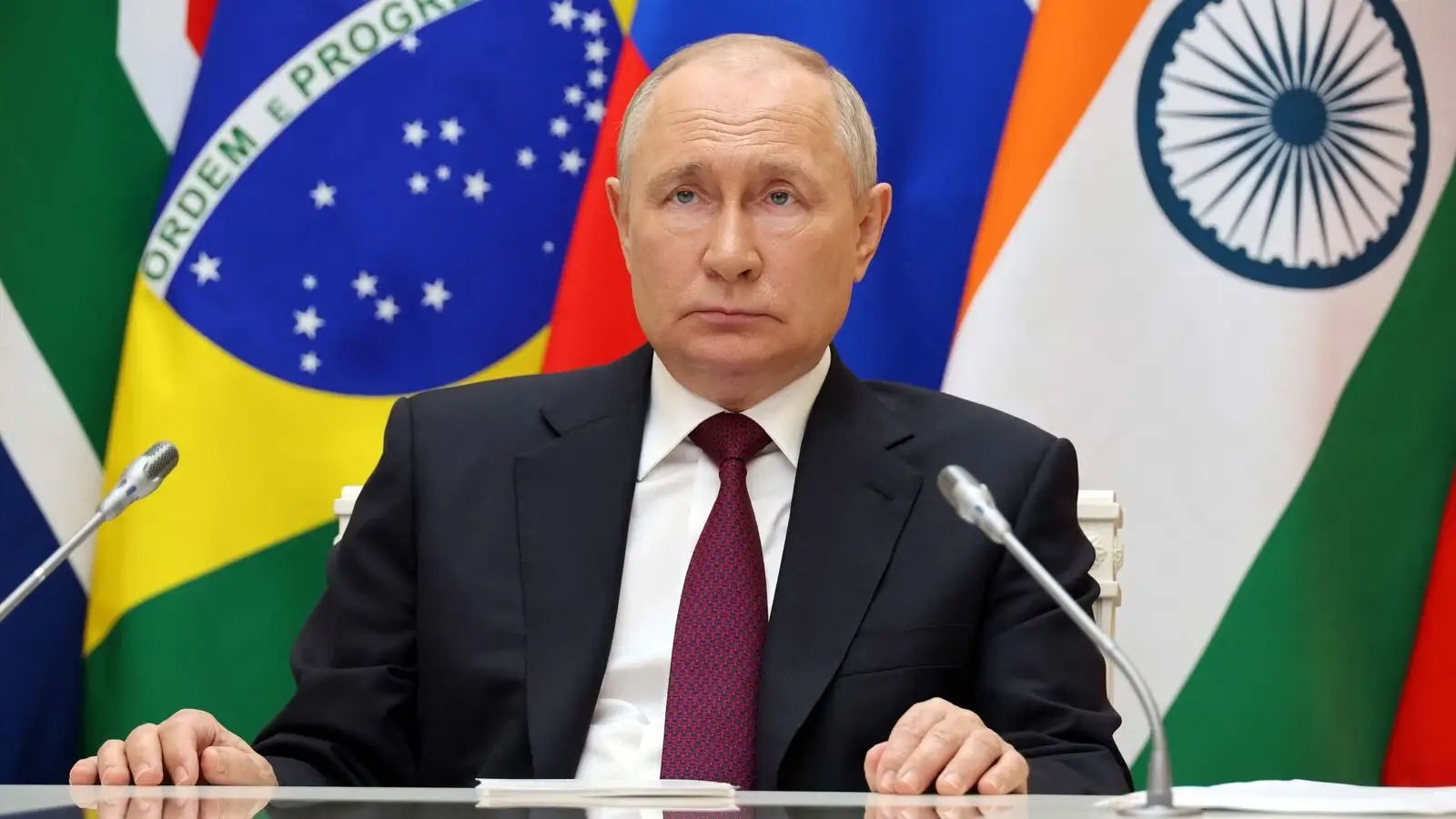BRICS: Russia Leverages Bitcoin to Navigate Western Sanctions
24.10.2024 13:00 1 min. read Kosta Gushterov
As global tensions rise, Russia is increasingly turning to Bitcoin and other cryptocurrencies to bypass Western sanctions, a key topic at the ongoing BRICS summit.
Russian lawmakers are exploring options to allow local miners to sell Bitcoin to international buyers, enabling trade without relying on the US dollar.
President Vladimir Putin revealed that BRICS nations are considering cryptocurrencies like Bitcoin and XRP for alternative payments, aiming to strengthen their economic position outside Western influence.
In a significant development, BitRiver, a major Russian mining company, has partnered with the Russian Direct Investment Fund (RDIF) to establish data centers for Bitcoin mining across BRICS countries. CEO Igor Runets stated this initiative will boost cross-border transaction liquidity and support advancements in AI and digital technologies.
Russia is also accelerating its cryptocurrency regulations, having implemented a new mining law in August 2024 that requires miners to register and comply with energy standards.
This law allows Russian-mined cryptocurrencies to be used for international payments, further integrating them into global trade. Additionally, plans for cryptocurrency exchanges in Moscow and St. Petersburg aim to enhance the nation’s digital economy.
-
1
Strategy’s $60 Billion Bitcoin Portfolio Faces Mounting Risks, CryptoQuant Warns
10.07.2025 16:36 3 min. read -
2
Esports Giant Moves Into Bitcoin Mining
05.07.2025 13:00 2 min. read -
3
Bitcoin Dominance Nears Key Resistance — Is Altseason Coming Next?
13.07.2025 17:00 2 min. read -
4
Bitcoin Price Prediction: As BTC Hits New All-Time High Is $200K In Sight?
14.07.2025 21:56 3 min. read -
5
How Much Bitcoin You’ll Need to Retire in 2035
19.07.2025 19:09 2 min. read
AI Becomes Gen Z’s Secret Weapon for Crypto Trading
A new report from MEXC reveals a striking generational shift in crypto trading behavior: Gen Z traders are rapidly embracing AI tools as core components of their strategy.
What the Crypto Community is Thinking as Bitcoin Slips
Traders are growing cautious, and the crypto mood is beginning to shift. Bitcoin has stalled near $115,500, and momentum is no longer as confident as it was earlier this month.
3 key Reasons Behind Today’s Crypto Market Drop
The crypto market shed 1.02% in the past 24 hours, led by a sharp Bitcoin drop and fading altcoin interest.
Bitcoin Drops 2.5% to $115,200 as Whales Move Millions to Exchanges
Bitcoin slipped 2.56% in the past 24 hours, falling below key short-term support levels. The decline comes amid a combination of large whale transactions, cooling technical momentum, and weak performance across the broader crypto market.
-
1
Strategy’s $60 Billion Bitcoin Portfolio Faces Mounting Risks, CryptoQuant Warns
10.07.2025 16:36 3 min. read -
2
Esports Giant Moves Into Bitcoin Mining
05.07.2025 13:00 2 min. read -
3
Bitcoin Dominance Nears Key Resistance — Is Altseason Coming Next?
13.07.2025 17:00 2 min. read -
4
Bitcoin Price Prediction: As BTC Hits New All-Time High Is $200K In Sight?
14.07.2025 21:56 3 min. read -
5
How Much Bitcoin You’ll Need to Retire in 2035
19.07.2025 19:09 2 min. read

